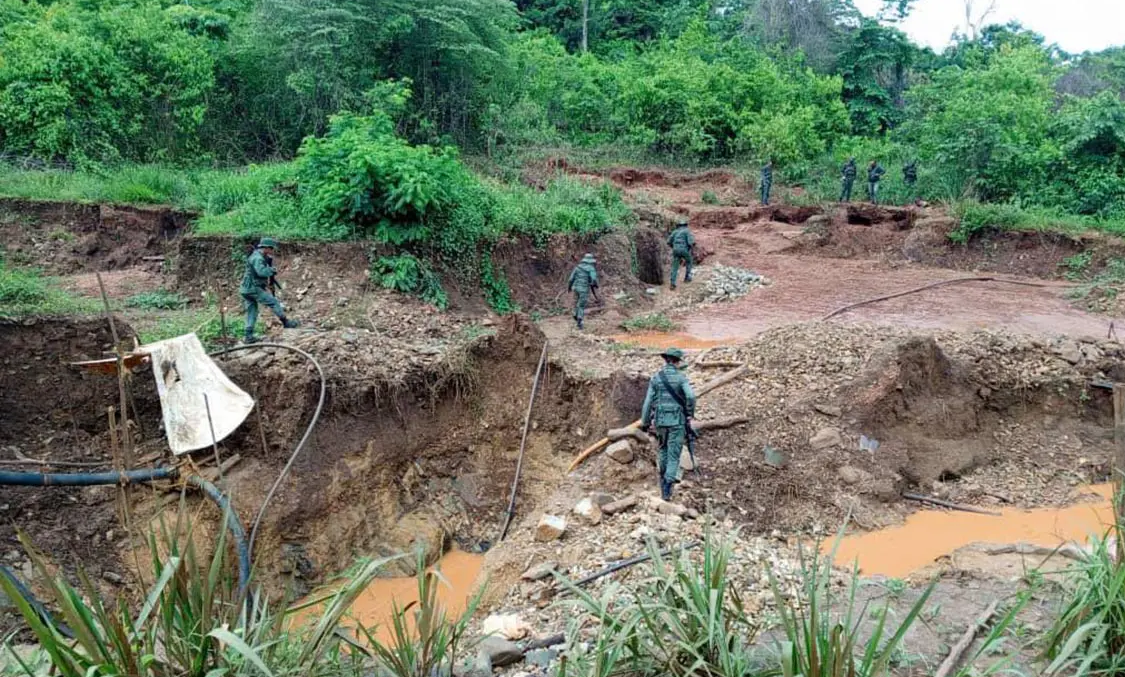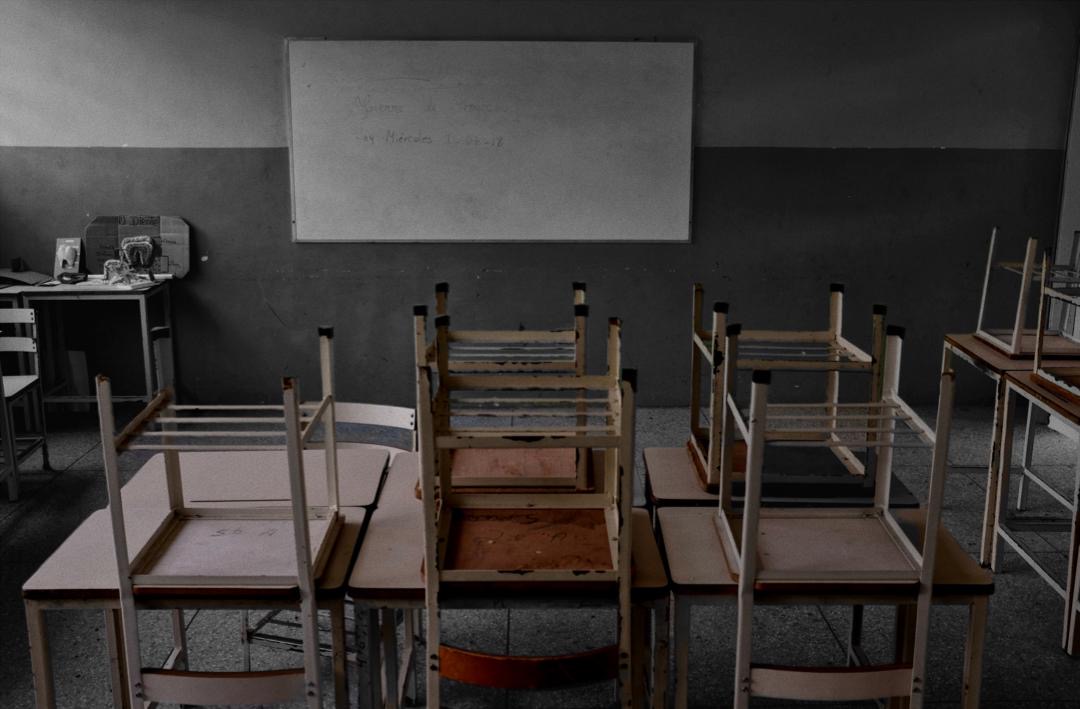46th session of the Human Rights Council
Geneva, 10 March 2021
Madam President,
In my recent presentation on Venezuela to this Council, I acknowledged positive steps taken by the Government. We will continue to provide technical assistance.
Reports of extra judicial executions continue in the context of security operations. In early January, at least 14 individuals were allegedly killed during an operation conducted in the Caracas neighbourhood of La Vega. Recalling the announcements of police reforms, I call for prompt and independent investigations to ensure accountability, prevent other similar occurrences, and put an end to this practice.
Since September, the access to basic services like medical assistance, water, gas, food, petrol, has continued to be scarcer, and was further limited by the effect of the pandemic. This contributed to sparking social protests, and severely compounded the humanitarian situation.
Some associations report that average wage would now be under 1 US dollar per month while the price of the food basket is estimated to have increased by 1,800% over the last year. About one third of Venezuelans would now be living in situation of food insecurity.
The tragic death of at least 28 Venezuelan migrants in the Caribbean Sea in December 2020 was another reminder of the tough choices some have to make, and of their increased vulnerability to migrant smuggling and trafficking networks. The Attorney General denounced practices of bribery, corruption and intimidation of victims.
I welcome ad-hoc solutions taken to reduce judicial delays and overcrowding in detention centres. A country is judged on how it treats its most vulnerable, including detainees. I remain concerned by reports of deaths in detention due to malnutrition, tuberculosis, and other diseases. Ensuring sufficient food and healthcare is crucial to preventing other tragic deaths like that of Salvador Franco. I reiterate my call for the unconditional release of all those arbitrarily detained, and I welcome newly granted access of my Office to police detention centres.
In this context, humanitarian assistance is all the more essential. I am concerned about recent initiatives to impose undue restrictions on NGOs’ ability to operate, including freezing of assets. I call for the resumption of suspended projects.
I am concerned by multiplying signs of shrinking civic space. Since September, my Office has documented at least 66 cases of intimidation, harassment, disqualification and criminalization of journalists, media outlets, human rights defenders, humanitarian workers, union leaders and members or supporters of the opposition, including elected members of the 2015 National Assembly and their relatives.
Until today, five activists continue to face charges related to terrorism and money laundering for having provided humanitarian assistance as part of the UN’s Humanitarian Response Plan. More NGOs are the object of investigations on similar grounds.
In January alone, at least three search and seizures operations were conducted at the premises of media outlets. To varying degrees, equipment was seized, offices sealed, staff intimidated and broadcast suspended.
This does not help to ease tensions – to the contrary. The mere threat of detention has a paralysing effect on all those engaged on legitimate and essential activities.
On election day in December, my Office documented at least 15 cases of intimidation and harassment of journalists, as well as statements conditioning access to social programmes to voting. Looking onto the upcoming electoral cycle, I recall the authorities of their obligation to protect fundamental freedoms and ensure conditions for meaningful participation in public life, including dissenting voices. The appointment of the upcoming National Electoral Council is a test to the credibility of the upcoming elections.
I support an inclusive dialogue to address the root causes of the current challenges. A wide participation will attest to its genuineness and serve as a guarantor for success.
Thank you.




